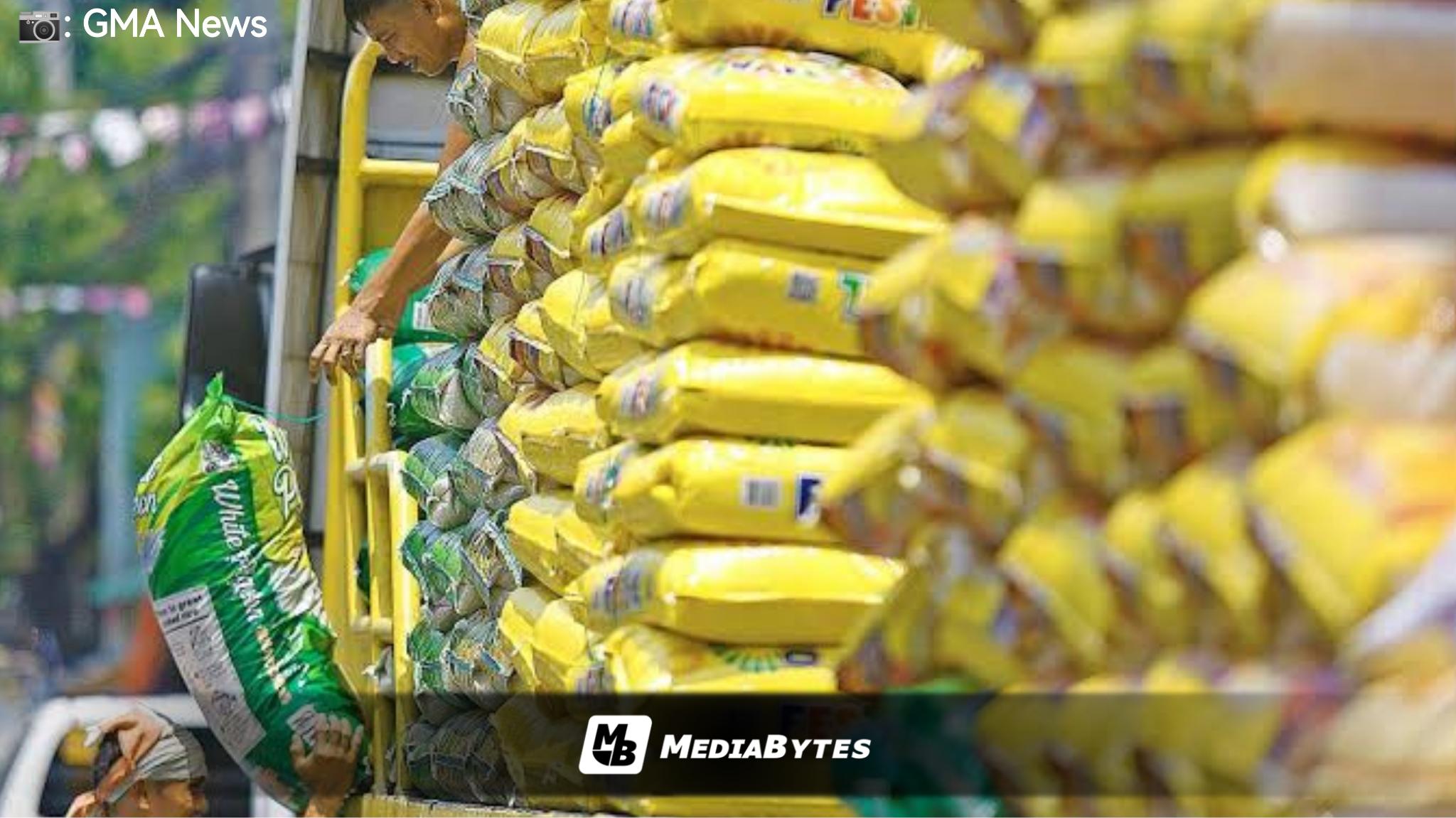
The Philippine government is unlikely to extend the 60-day suspension of rice imports beyond October and has no plans to increase rice tariffs, Finance Secretary Ralph G. Recto said on Monday.
“The only reason for the suspension essentially is because it’s harvest season,” Recto told reporters on the sidelines of the Economic Journalists Association of the Philippines Economic Forum.
Last week, President Ferdinand R. Marcos Jr. ordered a 60-day halt on rice imports starting September 1 to protect farmers, following the Department of Agriculture’s (DA) recommendation.
Asked if the suspension could be extended beyond October, Recto’s answer was clear: “Unlikely.”
The DA has also suggested gradually restoring the rice import tariff to its original 35% from the current 15%. But Recto said: “Wala pa. There are no plans.”
Executive Order No. 62, which took effect in July 2024, cut rice import tariffs to 15% until 2028 to help curb inflation. The order is subject to review every four months.
Economic Planning Secretary Arsenio M. Balisacan said the government is still studying the possible impact of higher rice tariffs. “We’ll be meeting our technical group in consultation. We’re preparing the study and then we’ll set an informed basis for the decision or our recommendation,” he said.
Balisacan stressed the need to strike a balance between the interests of farmers, consumers, and the broader economy, noting its effect on inflation and wages. “We have to use additional tools to address the concerns of various parties. It has to be a win-win for all,” he added.
He earlier said there are no inflation risks from the temporary pause on rice imports, citing ample supply that should last even if imports are halted for more than 40 days.
Jonathan L. Ravelas, senior adviser at Reyes Tacandong & Co., described the suspension as a “quick fix” to shield farmers during harvest but “not a long-term solution.” He suggested instead “smart safeguards: fair tariffs, better buffer stocking, and stronger support for local production.”
Farmer groups, however, insist the 60-day suspension is not enough to help them recover and are pushing for tariffs to revert to 35%.



